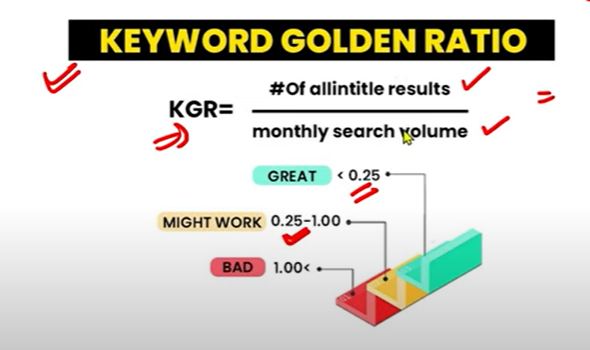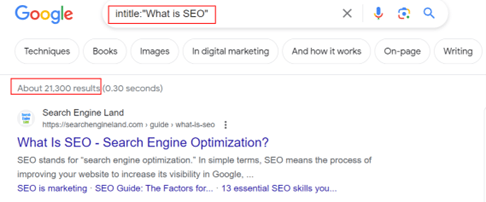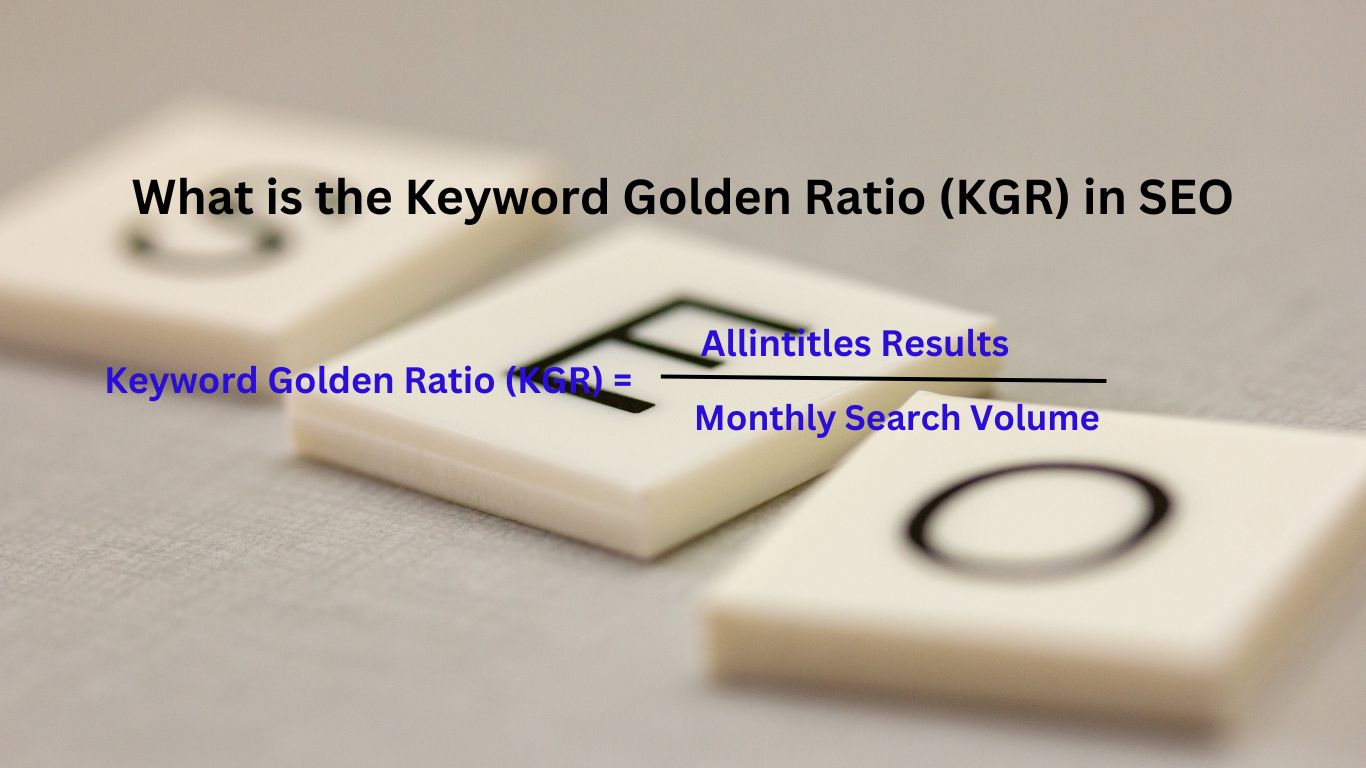Introduction
Unveiling the Mystery of SEO
Search Engine Optimization (SEO) is often considered an enigmatic art, a blend of science and creativity that drives website visibility. It’s a dynamic field that constantly evolves, and at the heart of this evolution lies the strategic use of keywords.
Why Keywords Matter in Today’s Digital World
In the vast ocean of online content, keywords act as lighthouses guiding users to the information they seek. They are the bridge between what people are searching for and the content that satisfies those queries. Without them, even the most valuable content might remain hidden in the shadows of obscurity.
Understanding Keywords
The Role of Keywords in SEO
Keywords are the linchpins of SEO. They help search engines understand the content’s relevance to specific queries, thus influencing how a page ranks. By optimizing keywords, businesses can align their content with the needs and interests of their target audience.
Long-Tail vs. Short-Tail Keywords: A Comparison
Long-tail keywords are specific, often containing three or more words, and target a niche audience. Short-tail keywords, on the other hand, are broad and generic. While long-tail keywords may attract fewer searches, they often lead to higher conversion rates as they align more closely with user intent.
| Aspect | Long-Tail Keywords | Short-Tail Keywords |
| Specificity | Highly specific to a niche audience | Broad and generic |
| Search Volume | Lower search volume | Higher search volume |
| Competition | Lower competition | Higher competition |
| Conversion Rate | Higher conversion rate due to specificity | Lower conversion rate |
| Example | “Organic dog food for puppies” | “Dog food” |
What is Keyword Golden Ratio (KGR)?
Definition and Importance of KGR in SEO
The Keyword Golden Ratio (KGR) is a cutting-edge metric that gauges the competitiveness of a keyword. It’s a ratio that compares the number of exact-match search results to the search volume. A lower KGR indicates a golden opportunity to rank higher with less competition.
How KGR is Different from Other Keyword Metrics
Unlike traditional keyword metrics, KGR offers a more nuanced view of keyword potential. It doesn’t just look at search volume or competition separately but combines them into a single, actionable figure. This unique approach provides a more targeted strategy for content creators.
Calculating the Keyword Golden Ratio
The Formula Explained
Calculating KGR is simple yet profound.
The formula is: (Number of Google results with the exact keyword in the title) / (Monthly search volume where volume < 250).
- A KGR below 0.25 is considered ideal, signifying a high chance of ranking well.
- If KGR is between 0.25 and 1.00, it might work.
- If KGR is 1.00, then it will be too hard to rank in Google’s SERP.

Find out the number of Google results with the exact keyword in the title:
The specific keyword phrase is “What is SEO” You can easily find this information by performing a search on Google using quotation marks around the phrase. Simply type the following into the Google search bar:
intitle:”What is SEO”
The quotation marks will ensure that Google searches for the exact phrase, and the number of results should be displayed at the top of the search results page.

Common Mistakes to Avoid When Calculating KGR
Errors in calculating KGR can lead to misguided strategies. Common mistakes include using inaccurate search volume data or overlooking the importance of exact-match results. Precision and attention to detail are paramount in this process.
Benefits of Using KGR in SEO Strategy
Improving Your Site’s Ranking
By targeting keywords with a favorable KGR, businesses can enhance their visibility on search engines. This leads to more organic traffic and, ultimately, higher conversions.
Targeting the Right Audience
KGR helps in identifying keywords that resonate with a specific audience. By focusing on these, businesses can create content that speaks directly to their target market’s needs and desires.
Enhancing Content Relevance
Using KGR ensures that the content is not only relevant to the audience but also competitive in the search landscape. It’s a fine balance that can lead to a more engaged readership.
Implementing KGR in Your SEO Campaign
Step-by-Step Guide to Using KGR
- Identify potential keywords.
- Calculate the KGR for each keyword.
- Analyze the competition.
- Create high-quality, relevant content around low KGR keywords.
- Monitor and adjust as needed.
Case Studies: Success Stories of KGR Implementation
Several businesses have leveraged KGR to climb the search rankings. These success stories serve as a testament to the power of this unique metric, providing inspiration and guidance for others looking to follow suit.
Tips and Tricks from SEO Experts
SEO experts often emphasize the importance of continuous learning and adaptation. Staying abreast of the latest trends, utilizing advanced tools, and maintaining a flexible approach are key to maximizing the benefits of KGR.
Challenges and Limitations of KGR in SEO
Potential Pitfalls to Be Aware of
While KGR is a valuable tool, it’s not without its challenges. Misinterpretation of data, over-reliance on a single metric, or failure to consider the broader context can lead to suboptimal results.
How to Overcome Common Challenges
Success with KGR requires a holistic approach. Integrating KGR with other SEO strategies, continuous monitoring, and adapting to changes in the search landscape can mitigate potential pitfalls.
Conclusion
Summing Up the Power of KGR
The Keyword Golden Ratio is more than just a metric; it’s a strategic compass guiding content creators to success. By understanding and implementing KGR, businesses can unlock new opportunities and thrive in the competitive digital world.
Frequently Asked Questions on KGR in SEO
What’s Next for KGR in SEO?
As search engines continue to evolve, so will KGR. Staying ahead of the curve will require ongoing innovation, creativity, and strategic thinking. The future of KGR is bright, and those who embrace it stand to gain a competitive edge.
What is the Keyword Golden Ratio (KGR), and why is it important in SEO?
KGR is a metric in SEO that gauges keyword competitiveness. It helps in ranking content by identifying low-competition keywords.
What are the benefits and potential challenges of using KGR in SEO?
KGR benefits include improved site ranking and targeted audience reach. Challenges may include misinterpretation of data or over-reliance on the metric.




